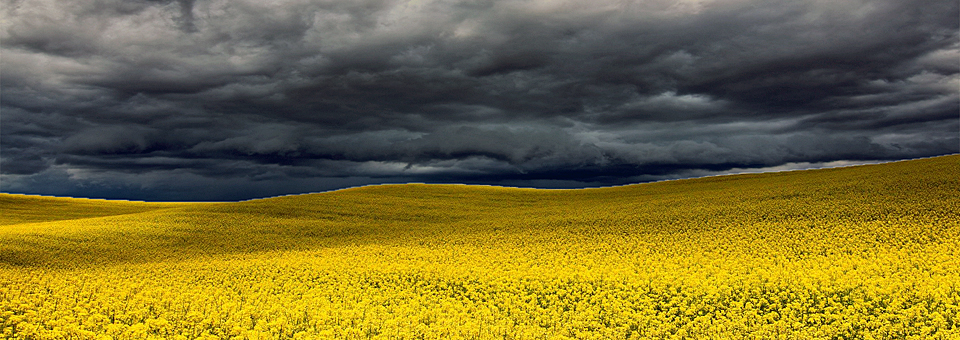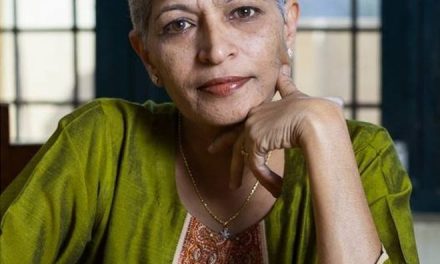There’s a vacuum created by lovelessness. As a community, we aren’t the best at talking about love, in our relationships, our families and even our homes. When we do, it’s mentioned as a magical vague ‘thing’ in the air brought into our lives through luck and yogic pixy dust. What is love, does it exist in our lives and what is its importance?
Disney and other childhood media hubs seem to be one of the first places where we learn what love is. My early memories of love were through the eyes of Simba in ‘The Lion King’ when he finds his life-lion, Nala. I learnt how love was written in a person’s destiny and how it happens when you find your soul mate. Later in my teen years, the phrase ‘I love you’ was the ultimate phrase you could say to your friends. If you weren’t too sure, you might say ‘i luv u’ instead, but the notion behind it was still powerful. I later heard a speaker at a workshop differentiate between the noun of love and the verb of loving. It was made clear to me we only love others actively and is non-symbolic, but involves real work. This set me on the road of ‘what is love’ and I eventually found myself at the doorstep of M.Scott Peck’s ‘The Road Less Travelled’. He outlines how love is not a feeling, but instead an activity and an investment. He defines love as, “the will to extend one’s self for the purpose of nurturing one’s own or another’s spiritual growth“. The great feminist bell hooks took me further with her book ‘All About Love’ which describes love itself as being a mix between “various ingredients – care, affection, recognition, respect, commitment, and trust, as well as honest and open communication“. Getting past the concept of love being a verb or a feeling really helped me understand what love is to me, so I may work out how to give it and also to receive it.
Once I had a rough idea on what love was, I needed a system of loving and receiving love. This became a lot clearer once I read ‘The Five Love Languages’ by Gary Chapman. He’s a relationship counsellor and outlined five ways to express and experience love. It goes as followes: 1) gifts, 2) quality time, 3) words of affection, 4) acts of service, and 5) physical touch. For whatever reason, each person reacts differently to each one of the languages; some of us feel love when we’re given a great gift or cooked a good meal. Some enjoy a day out together, others enjoy praise, and some just like a good hug. The writer acknowledges that we all need love, but it needs to come in the language that we can understand. Generally, if you like to give in a particular language, you’ll probably enjoy receiving in the same one. The best situation is when you’re doing all five simultaneously without even realising and I believe this system generates the initial awareness needed to love fully.
If you’ve read this far and are a victim of patriarchal society like me, you’re probably drawing out a box labelled ‘weird-hippy’ dude and placing me inside it as I’m a man who is not only thinking about love, but writing an article about it. I’m sorry to add that I’ve also recorded a song about it! I highlighted the dangers of ‘manliness‘ after reading another book by bell hooks, ‘The Will to Change’ which I would really recommend every single man to read. Men have a harder time discussing their feelings (as I’ve written about before) so love is definitely near the bottom of our to-do lists. Quite ironically for Sikh men, one of the most quoted lines of Gurbani outlines the importance of destroying all inhibitions and removing the head in order to love –
ਜਉ ਤਉ ਪ੍ਰੇਮ ਖੇਲਣ ਕਾ ਚਾਉ ॥ ਸਿਰੁ ਧਰਿ ਤਲੀ ਗਲੀ ਮੇਰੀ ਆਉ ॥
If you desire to play this game of love with Me, then step onto My Path with your head in hand.
ਇਤੁ ਮਾਰਗਿ ਪੈਰੁ ਧਰੀਜੈ ॥ ਸਿਰੁ ਦੀਜੈ ਕਾਣਿ ਨ ਕੀਜੈ ॥੨੦॥
When you place your feet on this Path, give Me your head, and do not pay any attention to public opinion. ||20||
The anthropologist Cynthia Mahmood wrote a book of her interviews with Sikh freedom fighters in Punjab twenty years ago called ‘Fighting for Faith and Nation’ in which she dedicates an entire chapter to love, titled ‘Playing the Game of Love’. She recalls how, regardless of their AK-47s, Sikh fighters were “regularly described as ‘gentle’ and ‘full of love’.” One Sikh tells her to listen to Fleetwood Mac’s song ‘The sea of love‘ to really understand how martyrdom is like “drowning in a sea of love“. Another freedom fighter told her “it is a bond of love … not only to my brothers and sisters of the Panth, but to all human beings“. You only have to take a quick glance at a picture of freedom fighters Sukha and Jinda to know they understood what love was and how to express it to the world without inhibitions (see article image).
Our upbringing and cultural norms have confused us. We speak of love in every day language: we love this, love him, love her, love the Guru, love the world, but I think we need to explore it more in our personal lives, within our families and also as a community. Let’s be revolutionary and learn to love ourselves and everyone around us. The more we discuss and share love in our community, the stronger the likelihood of realising the Gurus prophetic words, stepping bravely onto the path and playing the game of love.






